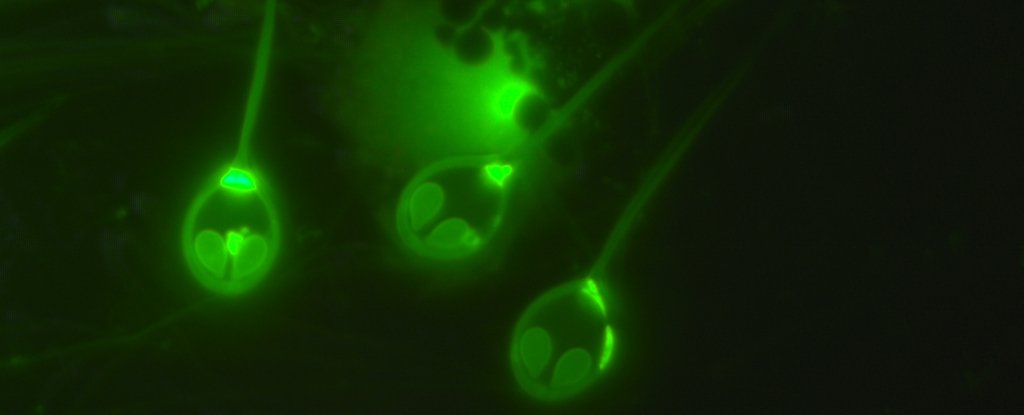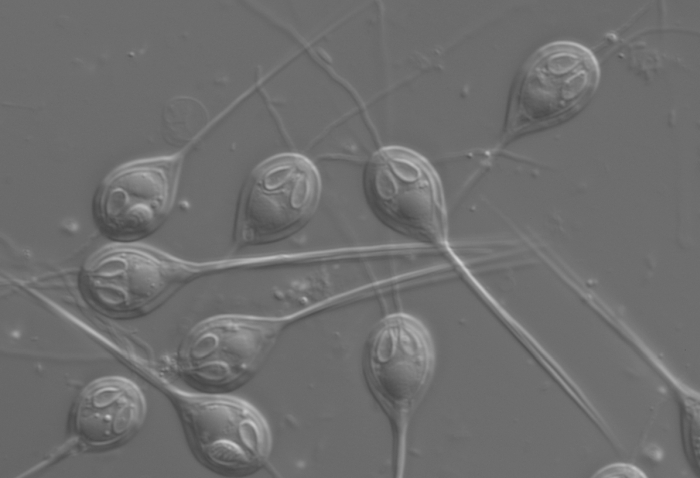Process Christianity, the History of Computer
Languages, and Quantum Computing
by R.E. Slater
Introduction
Would you expect to find a post on Digital and Quantum Computing on a Christian website?! Well, why not? Christians should be interested in everything to help mold our religious worlds. We should be expanding our religious reality at every opportunity. For myself, I wish to allow doubt and uncertainty help lead and inform my religious beliefs. Plus I had a lifetime of service in the technology industry including a major portion of my schooling in mathematics and the sciences. So, I am always interested in learning something new!
I will here digress but you should know that further below will be a load of information that may be explored and learned on your own from early classical computing to quantum coding online in the cloud. But first, let me provide a tie-in from what I describe as "Process Christianity" to Process-based Sciences as they are being affected by Whiteheadian Process Philosophy in the foreseeable future.
Here, at Relevancy22, I try to envisage God and God's World around us. How we might fit in and work with God and with God's creation. And how our every thought might help reconstruct a new point of process-based human progress towards accomplishing healing and restitution between ourselves and the world at large.
Think of the world of computing as a helpful vaccine given to a pandemic world trying to rediscover it's humanity and presence in the world of nature. Computing across all industries, including greentech, will be able to do just that - nanocomputing, biologic and molecular computing, organic computing, AI computing, and so on.
Whatever we touch let us touch it for good, give it to the masses, and use any funds received to alleviate the world's troubles. I suppose this is a naive view but we all know our history how the machinations of man always screws things up. So stay noble, be wise, and invest when and where you can since money talks. And always remember you're first principles. Thus Process Christianity to help remind us that we but a wee part in a very large, and complex, universe.
One last, this is also an apt goal for any future worlds forming themselves into (cosmo)ecological societies and ecoworld civilizations. Don't you LOVE it?!! Computing and cosmological goals! :0
The Progress of Computing Logic
Today I was curious about the progress of computing logic and languages. From its early silicon days to the quantum computing research and applications presently being undertaken. The logic basis of constructing synthetic machine language is dependent upon the medium used.
Whereas in the past a form of linear thinking or sequentially-based (Boolean+, Many-Valued) mathematics might have been applicably related to the silicon world of electromagnetism, in this next world of quantum materials I am guessing a form of "fuzzy logic" (imprecise free association) or, perhaps more properly, a form of "free logic" (unassociated free variables from objects), must be the minimum starting point. In psychological terms we might even consider "free association" (unassociated forms divested of relationships).
In fuzzy mathematics, fuzzy logic is a form of many-valued logic in which the truth value of variables may be any real number between 0 and 1 both inclusive. It is employed to handle the concept of partial truth, where the truth value may range between completely true and completely false. By contrast, in Boolean logic, the truth values of variables may only be the integer values 0 or 1.The term fuzzy logic was introduced with the 1965 proposal of fuzzy set theory by Lotfi Zadeh. Fuzzy logic had, however, been studied since the 1920s, as infinite-valued logic—notably by Łukasiewicz and Tarski.Fuzzy logic is based on the observation that people make decisions based on imprecise and non-numerical information. Fuzzy models or sets are mathematical means of representing vagueness and imprecise information (hence the term fuzzy). These models have the capability of recognising, representing, manipulating, interpreting, and utilising data and information that are vague and lack certainty.
vs.
A free logic is a logic with fewer existential presuppositions than classical logic. Free logics may allow for terms that do not denote any object. Free logics may also allow models that have an empty domain. A free logic with the latter property is an inclusive logic.The point of free logic, though, is to have a formalism that implies no particular ontology, but that merely makes an interpretation of Quine both formally possible and simple. An advantage of this is that formalizing theories of singular existence in free logic brings out their implications for easy analysis. Lambert takes the example of the theory proposed by Wesley C. Salmon and George Nahknikian, which is that to exist is to be self-identical.
vs.
Free association is the expression (as by speaking or writing) of the content of consciousness without censorship as an aid in gaining access to unconscious processes. The technique is used in psychoanalysis (and also in psychodynamic theory) which was originally devised by Sigmund Freud out of the hypnotic method of his mentor and colleague, Josef Breuer.Freud described it as such: "The importance of free association is that the patients spoke for themselves, rather than repeating the ideas of the analyst; they work through their own material, rather than parroting another's suggestions".
We Live in Relational Worlds
What cannot be escaped is the idea of the relationship of things to things. Yet in this regard to either process mechanics or, process-based quantum physics, those relationships are severed and may freely associate with any other non-dissimilar relationship whether sensical or not.
As example, the picture of a well-ordered businessman or businesswoman in personal psychic crisis deconstructing himself or herself into elemental forms of human reconnection to self and society. Or the chemical bonds found is radical compounds freed from their ionic bonds to recompose into entirely new, non-historical configurations.
 |
| Tenet Trailer - Spoiler Alert |
In the quantum world we will discover a new way of imagining cause and effect. Perhaps, similar to the TENET movie, by placing effect before cause in non-temporal terms of relational matter to matter freed of temporal bounds... yes, I disabused the movie's premise. Forgive me. I was freely associating :)
But in truth a photon of light has been shown to have virtually travelled its path before actually traveling its historical path, so welcome to the world of the strange found in the quantum world of the paradoxical.
Process Metaphysics
Last thought, as Metaphysicists examine the nature of the reality, or as Philosophers do the same, we must similarly ask ourselves the deep questions of life's material processes, of its organic processes, of even its unseen - some say, spiritual - connections between itself and one another. It is within this complexity we live-and-breathe-and-have-our-being which provides yet another fundamental direction to a purpose-filled world granted (process) theological regard of the Divine in relationship to the inherited immortal.
Inherited in that this world is but an organic process spun off from God's own Self. And immortal in that in process events, as processes live and die, come and go, its overall "manufacture" between ever evolving and freely associating event processes will live on-and-on-and-on even as its Creator-Author does. The very nature of the cosmos is immortal when defined in process terms.
Thus, we should learn to see life from the theological perspective. Let it override the perspective of the metaphysician, the philosopher, and the quantum world of wonder whose threshold we step upon as for the first time. We live in a process world of healing and wellbeing should we allow it. Let's do. And let's together see where it takes us.
Conclusion
Below I have laid out a graphic history of computing languages. A Family Tree of sorts. These iterations have all occurred in my lifetime with more to come. As example, Apache UNIX (2013) is being used by Databricks as an enterprise-wide computing platform in the Cloud. It is replacing all previous enterprise versions of corporate/proprietary UNIX solutions. Thus, IBM and HP had also sought this avenue to stay up with open-source code branded committers.
But what will computing firms do in the future as quantum computing comes on line? Stay to faster iterations of silicon-based computer languages or replace the older logic and language systems altogether with something more pertinent to the medium used? And what kind of quantum logic should be used?
Hence my post today. While thinking specifically, learn to also think universally. See Tim Eastman's discussion in an earlier post a month ago for more discussion here. Especially in his paper and the notes given at the end of the post. It speaks to the developing world of quantum logic and language.
Peace,
R.E. Slater
May 7, 2021














